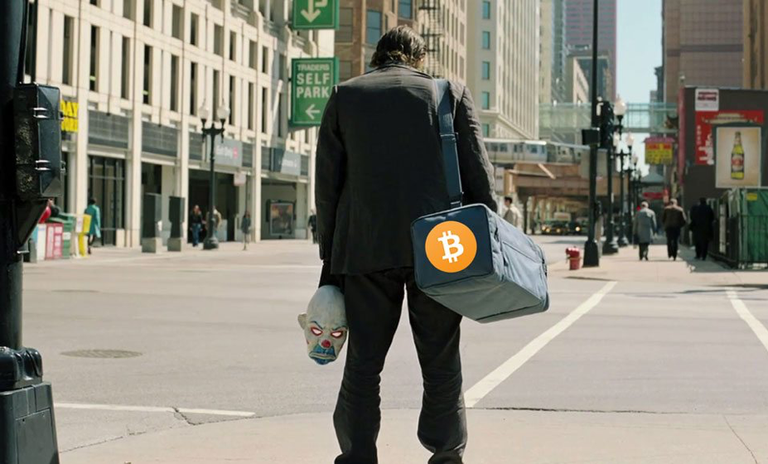The Hungarian inventor, László József Bíró, gave his name to the ballpoint pen he invented, which became so common across the world that even today it is known in many countries as a ‘biro’ rather than as a pen. The same is true of the vacuum cleaner called a ‘hoover’, and were you aware that Jacuzzi is also a brand name, rather than a generic product?
We have a similar situation in the crypto world, where to the mainstream press and their readers ‘Bitcoin’ is exactly the same thing as cryptocurrency. I even meet non-industry people who correct me when I tell them that I work in the cryptocurrency field. “Oh, you mean Bitcoin,” they say.
This is a problem because it makes our industry appear far more one-dimensional than it actually is. For people not already actively engaged in the crypto world, everything is about Bitcoin, and when Bitcoin rises and falls, this means that the general perception is of a crazy, unstable market.
Part of this is about scale. When world markets shift by a few fractions of a percent, the ripples are over quite quickly, and then the great ‘financial ocean’ settles down again. There are always other currencies for investors to run to, and alternative ways to stay solvent. Ripples in the far smaller crypto sea are in fact much more like tidal waves. My belief is that as crypto grows, the ecosystem will become more and more able to absorb these sudden and dramatic surges. Part of that will also come from the recognition by populations in general that Bitcoin is not the only name to watch.
Crypto markets are maturing, and I’ve reported signs of this recently as large corporate investors become engaged, and of course, as we see moves by the social media and tech giants to capitalize on increasing security and stability. I also know that there are moves coming from major banks who are changing their attitudes about crypto, pushed along by new and ‘Challenger’ banks. At first, the majors were skeptical, and indeed hostile to crypto because it threatens their centralized model. Now they are increasingly looking to profit from the cryptoworld by applying their traditional models to cryptocurrencies.
So is ‘our’ industry being stolen from us by the banks and the big investors? When the originator(s) of Bitcoin cooked up the whole brilliant idea of the cryptocurrency, it was to combat and short-circuit the stranglehold of conventional financial transactions. Now the conventional world is buying in and turning our little sea into a much larger, and therefore calmer ocean. At the same time, there is the fragmentation of many different cryptocurrencies and utility tokens, coupled with increasing levels of regulation. What will remain in five years’ time?
That the financial institutions will have a stronger grip on crypto is a near-certainty, and we will see many examples of hybrid offerings, such as Tether or TrueUSD which attempt to bridge the worlds of crypto and fiat. We’ll be able to get loans and mortgages in crypto, and of course, buy and sell in crypto through Amazon-like platforms. So yes, it’s true that too many crypto pioneers it will feel very much like our industry has been ‘stolen’ from us. But if we want to grow from a sea to an ocean, with fewer disrupting waves, do we have to accept this?
The fact is that the cryptoworld no more ‘belongs’ to us than the idea that computers were once only for geeks, or mobile telephony was just for the early adopters. Those innovations have proved to be for everyone, and crypto is going mainstream, so will ‘to bitcoin’ eventually become a verb?
Hi! I am a robot. I just upvoted you! I found similar content that readers might be interested in:
https://www.youtube.com/watch?v=_STju5n-GRo